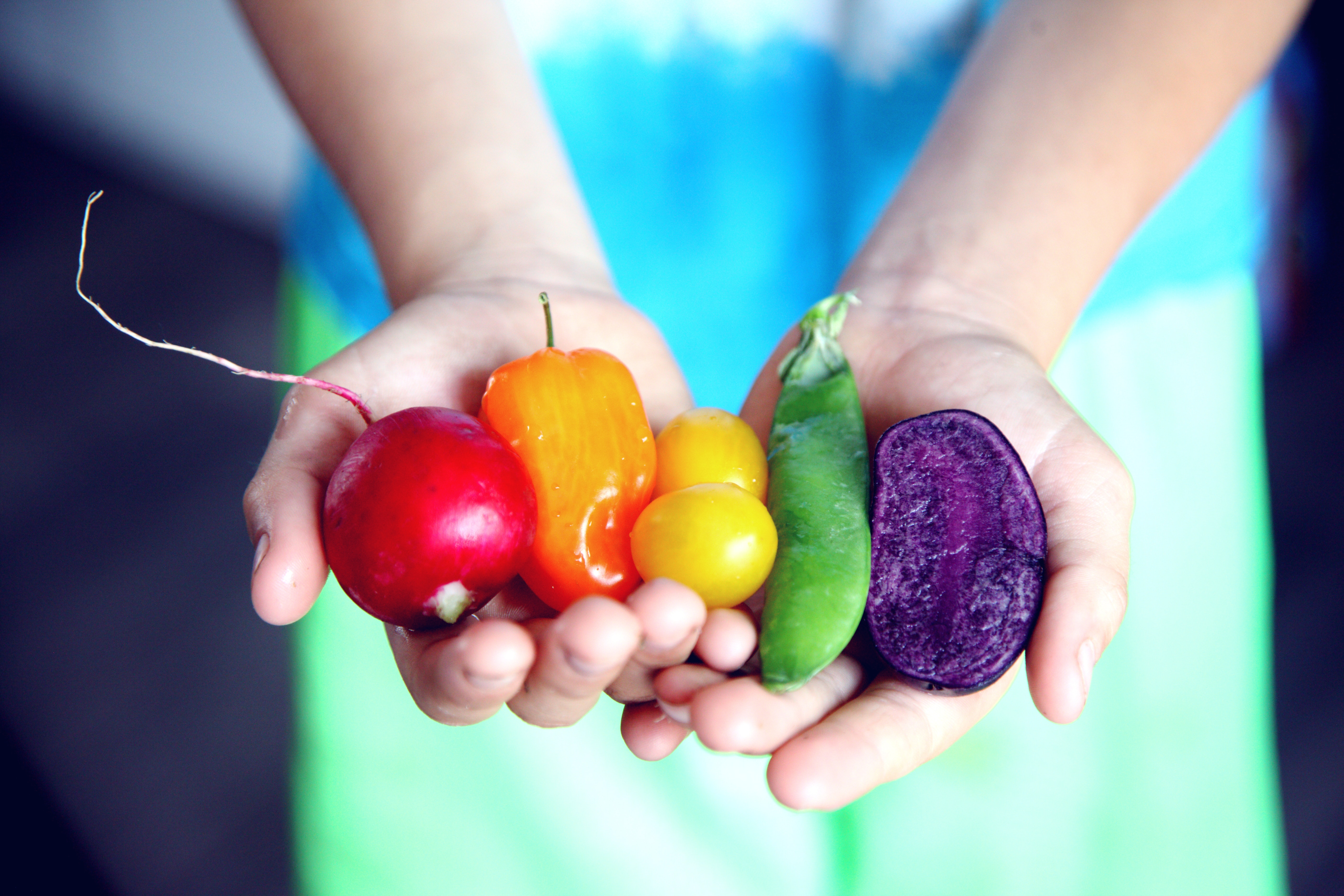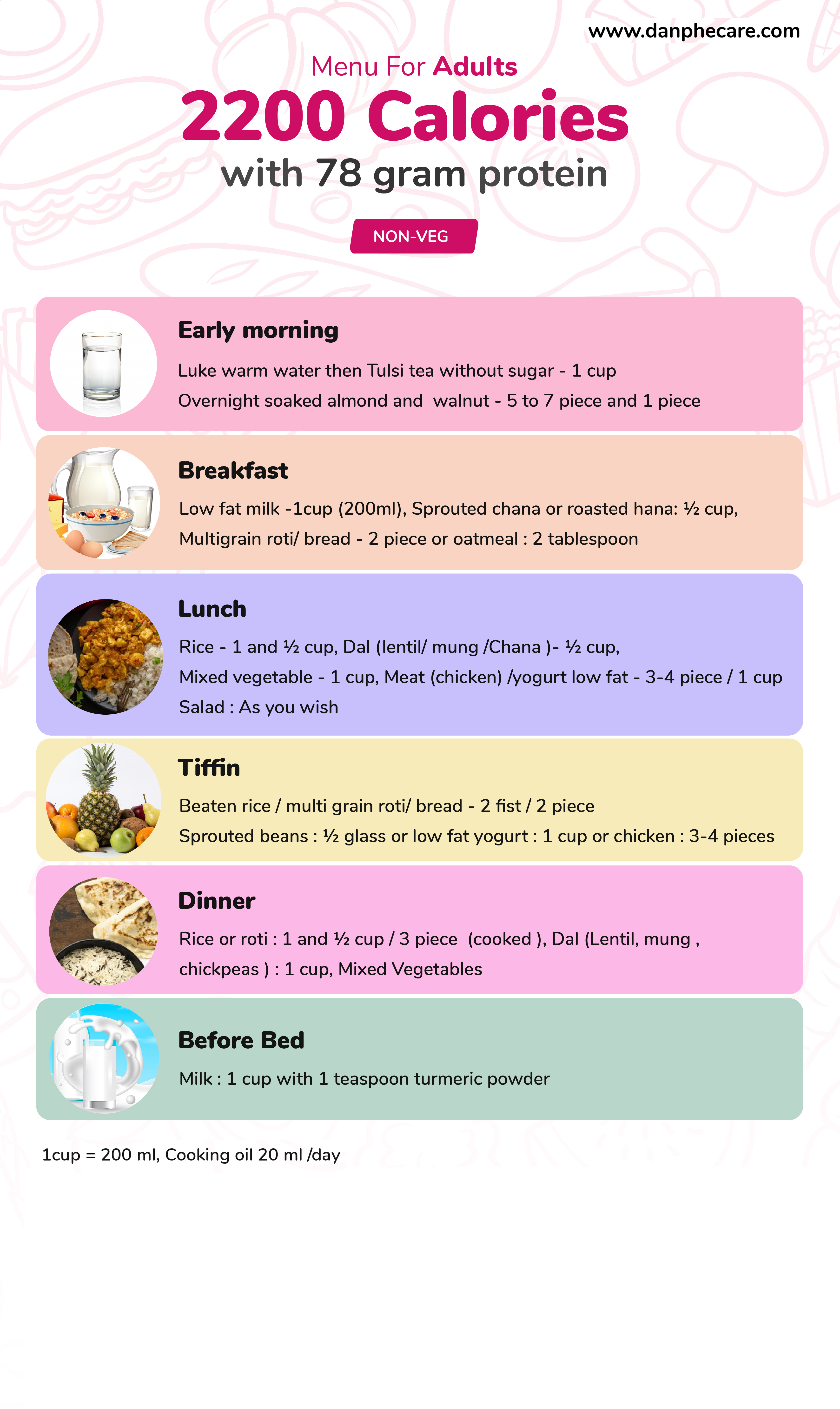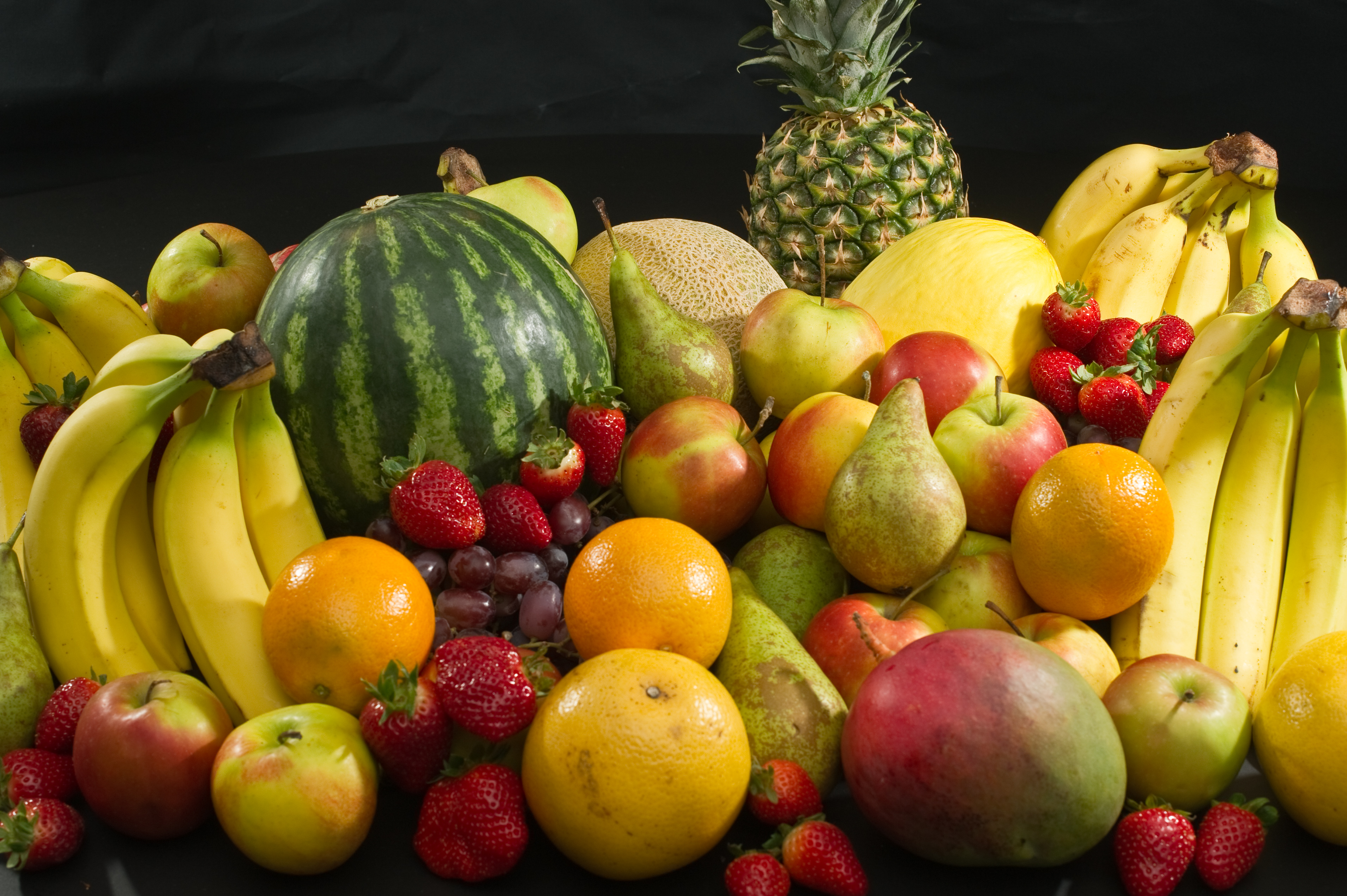The 2020 Covid-19 lockdowns had people either cooking elaborate meals (think Butter Chicken, Prawn Biryani, and Malai Kofta) or restricting their food intake to lose weight, says Rocky Maharjan, nutritionist and trainer who is passionate about body building. Some turned to food for comfort while others wanted to fit into a dress that had always been a little too tight. But food, says Maharjan, is meant to nourish and help your body function at its best.
“This time when you are stuck at home again, reevaluate your relationship with food. Let it be your key to wellness,” he says.
What Maharjan means is you should use food as a tool to lead a healthy life and not take your equation with it to extremes—where it’s either your best friend or your worst enemy. The key it to be conscious of what you are eating and better understanding your bodies’ requirements.
Bhupal Baniya, nutritionist at Nepal Police Hospital, says most people started taking nutritional supplements during the pandemic. While there’s definitely an upside to popping zinc tablets and sucking on Vitamin C lozenges, you could just as easily get these essential nutrients from food. That way, he says, you don’t run the risk of any kind of toxicity.

“Most people choose quick meals. They use food to satiate their taste buds and nutrition is the last thing on their minds,” say Baniya, adding it would be a good idea to educate yourself a little about food and strive to eat nutritious meals that are filling as well.
If there’s one thing Covid-19 has taught us it’s the importance of good health. And a sure shot way to stay healthy is to ensure you are eating right. The old adage ‘you are what you eat’ couldn’t be truer since the trillions of cells in your body need a constant supply of nutrients for optimal functioning. Food affects these cells and, by extension, your overall health, sleeping habits, brain function, energy levels and mood.
Maharjan recommends eating fresh, homemade and seasonal food, keeping your medical conditions, if you have any, in mind. Eating in moderation and not staying away from certain food groups are also crucial if you want to stay fit and healthy.

A comprehensive vegetarian diet plan prepared by experts at Danphe Care, a Kathmandu-based healthcare management company. Danphe Care has been providing medical consultations to Covid-19 patients under home isolation. Kabin Maleku, program coordinator, says they are focusing on a holistic approach to Covid care and, for that, the right diet plays an important role. A vegetarian version of the diet plan is also available upon request.
We indulged in copious amounts of turmeric lattes and masala teas during the pandemic. PM Oli even said besar pani could be our savior from the pandemic, a scientifically dubious claim. But herbs and spices do have tons of other health benefits. What’s good about Nepali kitchens, says nutritionist Baniya, is that we already use these goodness-rich spices in our food. You could also tweak your cooking methods to include a variety of spices and condiments.
“Herbs and spices have medicinal properties that help prevent many illnesses and inflammatory conditions,” says Baniya. But just because something is good doesn’t mean you should consume large quantities of it. For instance, excess besar pani could potentially lead to liver problems.
“Most people know only about the benefits of including certain things in their diets. You should also understand how much is enough,” he says.
As it is summer and the days are getting hotter, it’s best to consume warming spices in moderation, advises Dr Rishi Ram Koirala, ayurvedic physician who has been practicing for four decades.
“I recommend you chew five to six pods of black pepper daily as well as have raw onions with Himalayan pink salt,” he says. These, he explains, have anti-microbial properties and destroy mucous.
But a strong immune system is as much a result of eating a balanced diet as it is about giving your body a boost with specific immune-strengthening ingredients like turmeric, ginger, garlic and fenugreek.

Dietician Priyanka Sainju, who works at B&B Hospital in Gwarko, Lalitpur, and at Vatsalya Natural IVF in Naxal, Kathmandu, recommends eating a variety of fruits and vegetables daily. This, she says, is something we all know but also something we all neglect as well.
“I can’t stress the importance of having at least two servings of fruits and vegetables a day. They provide vitamins and minerals the body needs. If macros—carbs, proteins, and fats—are the building blocks of your body, essential nutrients are what convert food to energy, repair cellular damage, and keep your bones, muscles, heart, and brain functioning properly,” she says.
The dietician also suggests abstaining from fried, greasy food and instead opting for whole foods, as close to their natural states as possible.
Additionally, nutritionist Baniya advices not consuming milk tea immediately before or after meals as well as not eating those things that cause oxidative stress, which is harmful to the body. (A diet rich in fat, sugar, and processed food causes oxidative stress.)
But wellness in these difficult times has to also go beyond healthy eating, says Dr Koirala who is also the director of Ayurveda Health Home, an alternative and holistic health service. He says there are a few basic things you should practice.
First, he recommends oil pulling, an Ayurvedic practice that draws toxins out of your body. All you need to do is take a tablespoon of oil in your mouth and swish it around for five minutes before spitting it out. This lessens your body’s viral load, says Dr Koirala. He advises rinsing your mouth with warm salt water immediately after and following up by drinking lemon water. Dr Koirala recommends consuming the juice of three lemons a day.
“For overall health and wellness, you must learn to manage stress as well. Stress lowers immunity and makes you susceptible to various diseases,” concludes Dr Koirala.










